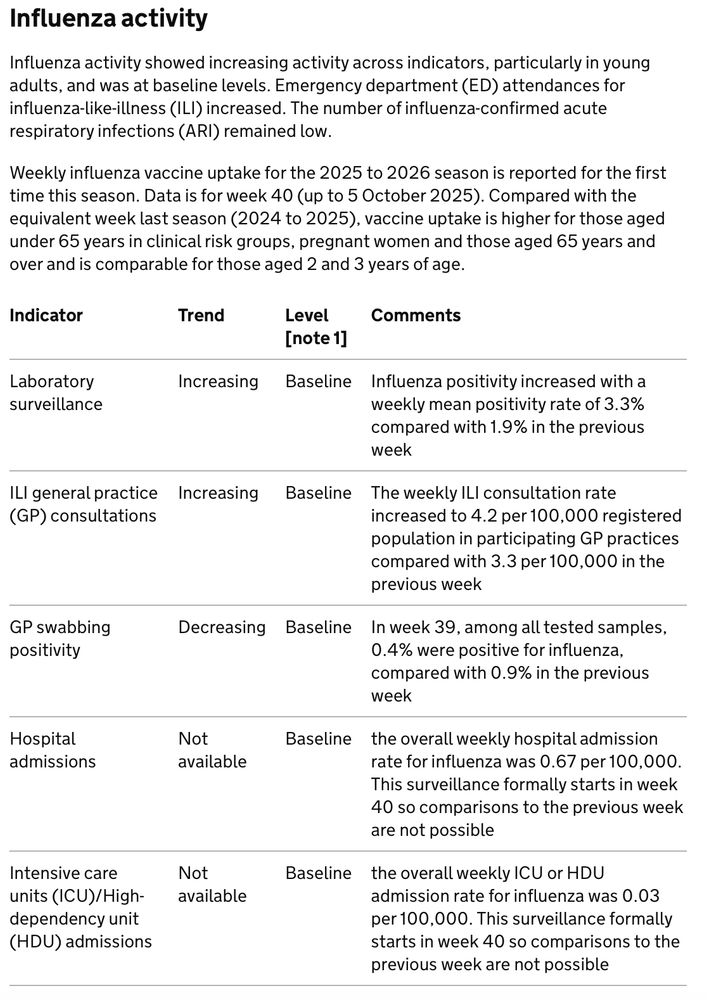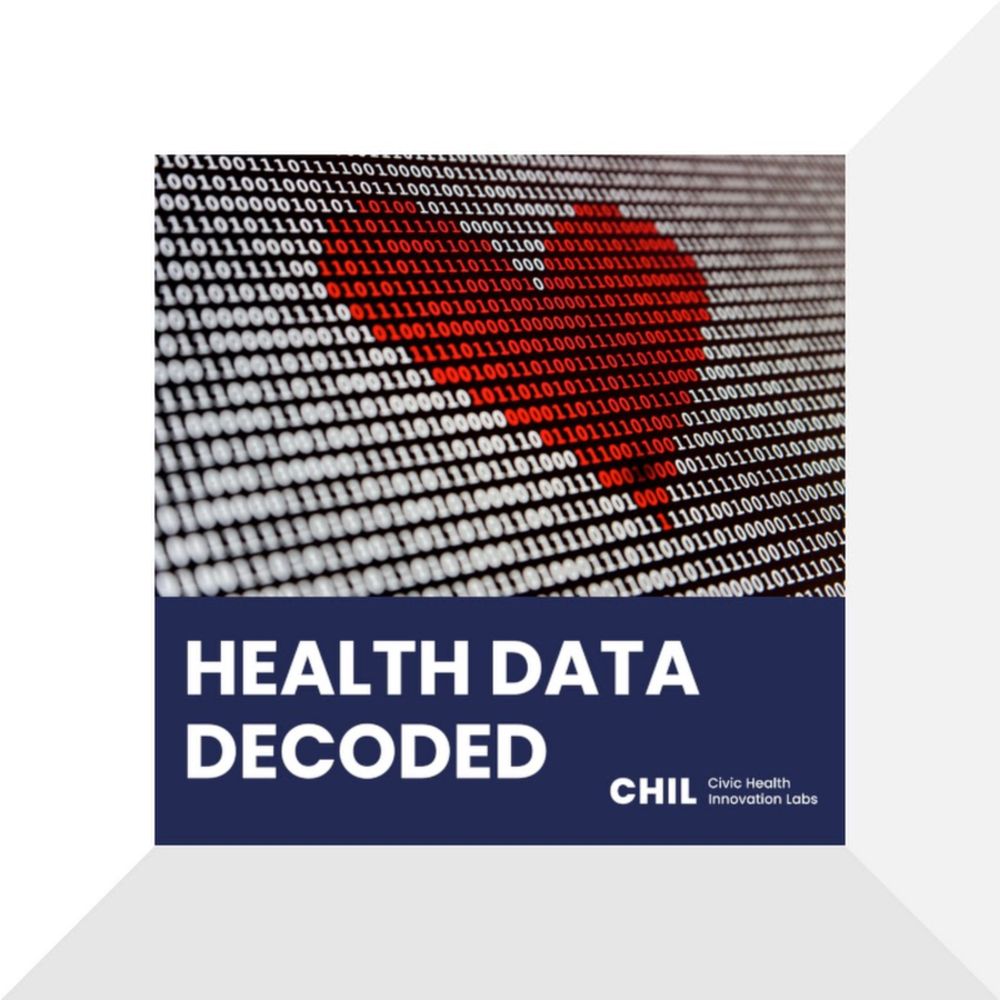Ed Hill
@edmhill.bsky.social
2.9K followers
960 following
940 posts
Researcher in mathematical epidemiology & infectious disease modelling.
Affiliations: Civic Health Innovation Labs (CHIL) @livunichil.bsky.social, @thepandemicinst.bsky.social, @livuni-phps.bsky.social, @livuni-iph.bsky.social, @liverpooluni.bsky.social.
Posts
Media
Videos
Starter Packs
Reposted by Ed Hill
Reposted by Ed Hill
Reposted by Ed Hill
Reposted by Ed Hill
Ed Hill
@edmhill.bsky.social
· 11d
Ed Hill
@edmhill.bsky.social
· 11d
Ed Hill
@edmhill.bsky.social
· 11d




























